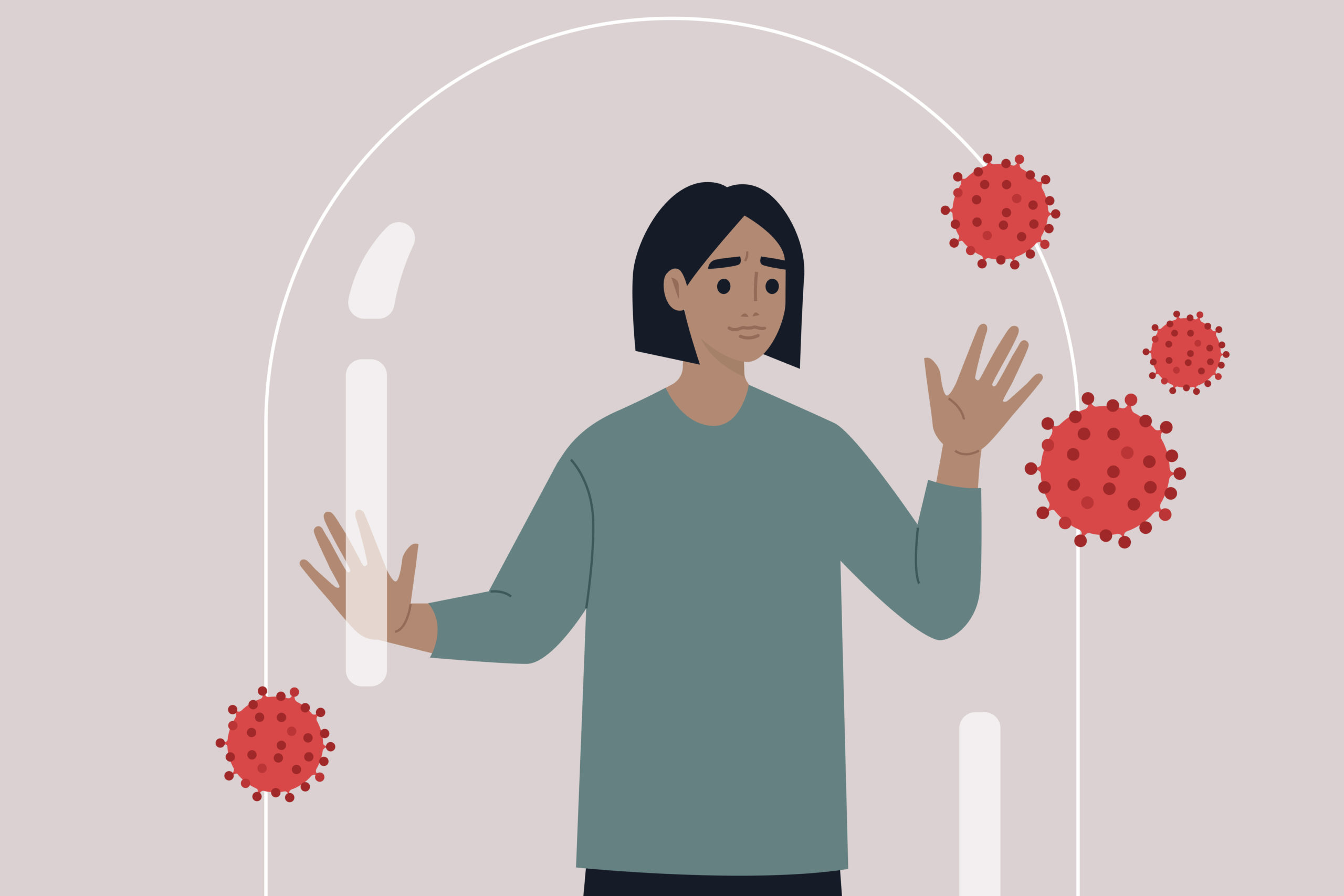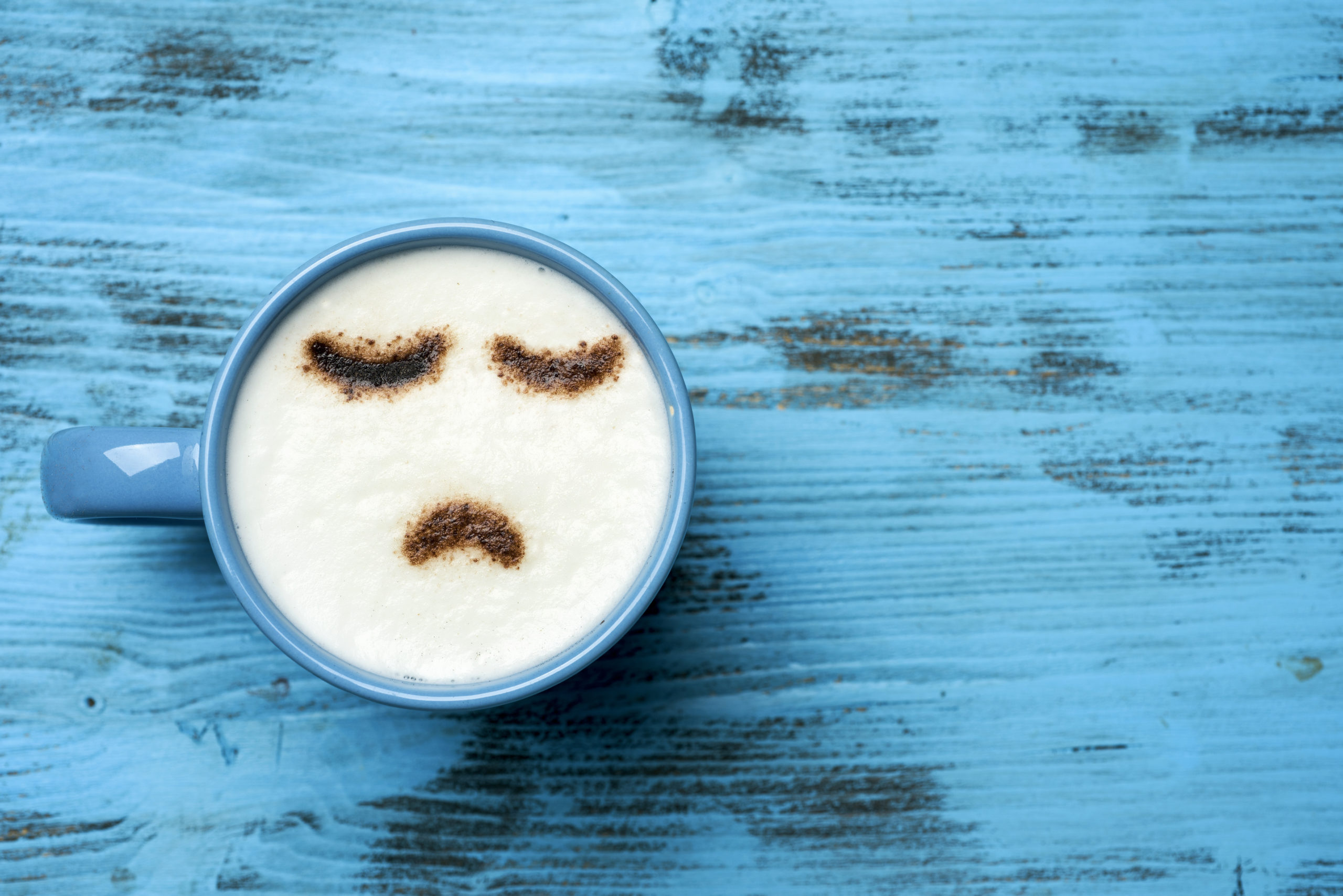There is lots of talk in the media of hormones and the issues women face in mid life; it is no longer a taboo. But there is another taboo that men are facing that needs a voice, mid life is full of men with issues that are often hidden behind the façade of the ‘stiff upper lip’ or ‘smiling depression’.
Sadly all too often I have seen a massive disparity between the happy exterior my male friends and colleagues project, versus the real inner turmoil, loneliness and despair that only gets revealed at the tipping point or over a few bottles of wine.
This is no surprise as midster men today are the ‘sandwich generation’ caught between traditional masculine appearances and the demands of keeping up with the digital generation by sharing images of the perfect pecs and the latest hot date on social media. And to make things worse this is often combined with financial and career pressures, to pay off the mortgage and reach or maintain new heights at work,
And the stats show that midster men and women are in crisis, dealing with mental health issues. The Men’s Health forum have accumulated data showing just how serious this issue is.
The Stats:
- Just over three out of four suicides (76%) are by men and suicide is the biggest cause of death for men under 35 (Reference: ONS)
- 12.5% of men in the UK are suffering from one of the common mental health disorders
- Men are nearly three times more likely than women to become alcohol dependent (8.7% of men are alcohol dependent compared to 3.3% of women – Health and Social Care Information Centre)
- Men are less likely to access psychological therapies than women. Only 36% of referrals to IAPT (Increasing Access to Psychological Therapies) are men.
- Men report significantly lower life satisfaction than women in the Government’s national well-being survey – with those aged 45 to 59 reporting the lowest levels of life satisfaction (Reference: ONS)
- 87% of rough sleepers are men (Reference: Crisis).
- Men make up 95% of the prison population (Reference: House of Commons Library). 72% of male prisoners suffer from two or more mental disorders (Reference: Social Exclusion Unit).
- Men have measurably lower access to the social support of friends, relatives and community (References: R. Boreham and D. Pevalin).
Stats compiled by the Men’s Health Forum, updated January 2017.
One reason for such a dichotomy is men’s failure to recognise, understand and react towards these issues.
Everyone goes through life-changing incidents, which are devastating and can lead us down a dangerous road and a failure to recognise and support mental health when we hit these lows is detrimental. Yet the impact on men has only just started to be discussed. Back when I was a child I saw my own father go through divorce and bankruptcy without any support and it destroyed him.
Midster men often face dramatic shifts in their lives which they try to cope with alone, embark upon affairs with younger partners to escape their responsibilities or turn to support in a bottle, often making them feel lost. The financial and emotional impact of divorce or the realisation you have left it late to have children are just some of the other problems encountered. Add to this career challenges, increasing redundancy rates in your 50’s, feeling a downturn in your career and appearance, not to mention the dating dilemmas many face.
“Stiff Upper Lip” Culture
In a candid interview with The Telegraph, where The Duke of Cambridge and Prince Harry open up about their late mother, Princess Diana, Prince William explains, “There may be a time and a place for the ‘stiff upper lip’, but not at the expense of your health.”
Following the interview, Prince William talks with Lady Gaga about the importance of opening up which featured in a broadcast on the Royal Family’s facebook page.
The Duke of Cambridge and Lady Gaga get their #HeadsTogether f…
Watch live the World Premiere of a new Heads Together video featuring Prince William and Lady Gaga encouraging all of us to speak more openly about mental health. The pair discussed the powerful films that have been released showing people from all walks of life discussing their mental health challenges under the #Oktosay banner. Having conversations about mental health is vital to shattering the stigma that still surrounds these issues. In 2016 Lady Gaga released an open letter through her Born This Way Foundation revealing that she lives with Post Traumatic Stress Disorder. The Duke was hugely impressed with the openness displayed in the letter and asked Lady Gaga to get involved with the Heads Together campaign.
Posted by The Royal Family on Monday, April 17, 2017
Prince William explains,
“It’s time that everyone speaks up and feels very normal about mental health, it’s the same as physical health… we shouldn’t be ashamed of it and having a conversation with a friend and family member can really make a difference.”
Opening Up
Readjusting to remove those cultural norms takes courage. Support is essential and so is the ability to open up and to try to understand your emotions and how to deal with them. Talking to someone releases tension gets the thoughts out of your head and helps you to put things into perspective.
Brad Pitt, now 53, in a revealing and frank interview with GQ, reflecting about life following his divorce to Angelina Jolie the actor praises therapy and says, “He loves it”.
Pitt continues,
“For me, every misstep has been a step toward epiphany, understanding, some kind of joy. Yeah, the avoidance of pain is a real mistake. It’s the real missing out on life. It’s those very things that shape us, those very things that offer growth, that make the world a better place, oddly enough, ironically. That make us better.”
Like Prince Harry, who sought counselling after “20 years of not thinking about it” (Telegraph), Pitt feels that avoiding pain and ignoring emotions is not the solution and after counselling and taking up boxing, is now “in a good place”.
The recent press and campaigns focussed on dealing with mental health are a step in the right direction to abolishing the stigma, which, even in 2017, is still attached to mental health.
We are moving closer to an environment where we can talk about problems, slowly relinquishing the stigma of topics from mental health to hormone issues. Let’s continue the campaigns and documentaries, and encourage those celebrities and members of royalty to speak out, so that everyone feels able to show their emotions and vulnerabilities and seek help if and when they need it.
The Samaritans can be contacted on 116 123.





